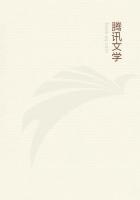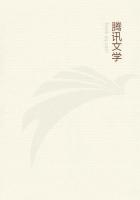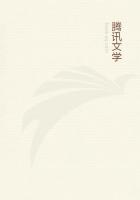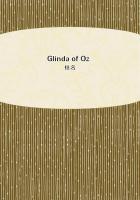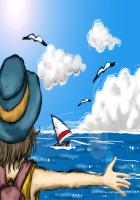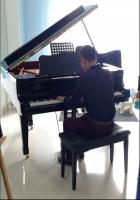Had I received my just reward--for certainly it may be so called after forty years' close application of the talent which it has pleased God to give me--then my invention would have taken the course which all improvements in this world do; that is, I must have instructed workmen in its principles and execution, which Ishould have been glad of an opportunity of doing. But how widely different this is from what is now proposed, viz., for me to instruct people that I know nothing of, and such as may know nothing of mechanics; and, if I do not make them understand to their satisfaction, I may then have nothing!
"Hard fate indeed to me, but still harder to the world, which may be deprived of this my invention, which must be the case, except by my open and free manner in describing all the principles of it to gentlemen and noblemen who almost at all times have had free recourse to my instruments. And if any of these workmen have been so ingenious as to have got my invention, how far you may please to reward them for their piracy must be left for you to determine; and I must set myself down in old age, and thank God Ican be more easy in that I have the conquest, and though I have no reward, than if I had come short of the matter and by some delusion had the reward!"The Right Honourable the Earl of Egmont was in the chair of the Board of Longitude on the day when this letter was read--June 13, 1765. The Commissioners were somewhat startled by the tone which the inventor had taken. Indeed, they were rather angry. Mr.
Harrison, who was in waiting, was called in. After some rather hot speaking, and after a proposal was made to Harrison which he said he would decline to accede to "so long as a drop of English blood remained in his body," he left the room. Matters were at length arranged. The Act of Parliament (5 Geo. III. cap. 20)awarded him, upon a full discovery of the principles of his time-keeper, the payment of such a sum, as with the 2500L. he had already received, would make one half of the reward; and the remaining half was to be paid when other chronometers had been made after his design, and their capabilities fully proved. He was also required to assign his four chronometers--one of which was styled a watch--to the use of the public.
Harrison at once proceeded to give full explanations of the principles of his chronometer to Dr. Maskelyne, and six other gentlemen, who had been appointed to receive them. He took his timekeeper to pieces in their presence, and deposited in their hands correct drawings of the same, with the parts, so that other skilful makers might construct similar chronometers on the same principles. Indeed, there was no difficulty in making them;after his explanations and drawings had been published. An exact copy of his last watch was made by the ingenious Mr. Kendal; and was used by Captain Cook in his three years' circumnavigation of the world, to his perfect satisfaction.
England had already inaugurated that series of scientific expeditions which were to prove so fruitful of results, and to raise her naval reputation to so great a height. In these expeditions, the officers, the sailors, and the scientific men, were constantly brought face to face with unforeseen difficulties and dangers, which brought forth their highest qualities as men.
There was, however, some intermixture of narrowness in the minds of those who sent them forth. For instance, while Dr. Priestley was at Leeds, he was asked by Sir Joseph Banks to join Captain Cook's second expedition to the Southern Seas, as an astronomer.

